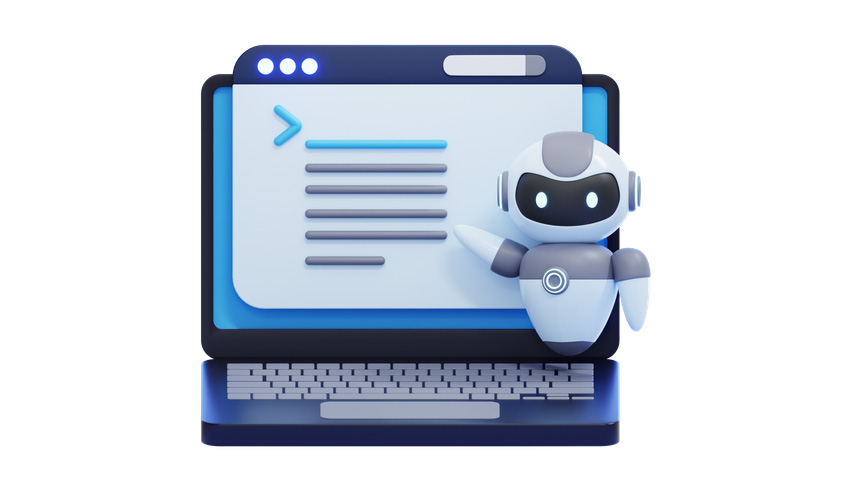In recent years, the integration of artificial intelligence (AI) into various sectors has transformed how industries operate, and healthcare is no exception. As healthcare professionals, it’s essential to embrace these advancements to improve patient care, streamline operations, and stay competitive in an ever-evolving landscape. One of the most promising developments is the emergence of AI agents in healthcare practice.
What is an AI Agent?
An AI agent is a software application designed to perform specific tasks using algorithms and data analysis. In healthcare, AI agents can analyze medical records, assist in diagnosis, and even provide personalized treatment plans based on the latest research and patient data. Their ability to process large amounts of information swiftly makes them invaluable tools for healthcare providers.
Enhancing Patient Care
AI agents can significantly enhance patient care by providing quick, accurate diagnoses. For instance, AI-powered diagnostic tools can analyze medical images or laboratory results far more quickly and often more accurately than human practitioners. This allows healthcare providers to make informed decisions and develop treatment plans with higher confidence, ultimately improving patient outcomes.
Moreover, AI can facilitate personalized medicine. By analyzing a patient’s unique genetic makeup and health history, AI agents can recommend tailored treatments that are more likely to be effective. This precision in treatment not only improves patient satisfaction but can also lead to better health outcomes.
Streamlining Administrative Tasks
Beyond direct patient care, AI agents can revolutionize the administrative side of healthcare practices. They can automate scheduling, manage patient records, send reminders for appointments, and even handle billing. This automation reduces the administrative burden on healthcare professionals, allowing them to focus more on patient interactions rather than paperwork.
Additionally, AI can assist in managing and analyzing patient data for research purposes. By identifying trends and outcomes from a vast dataset, AI agents can help healthcare providers improve their practices and enhance overall care strategies.
Improving Access to Care
One of the most exciting prospects of AI in healthcare is its potential to improve access to care, particularly in underserved areas. Telehealth platforms powered by AI can offer consultations and follow-ups, reducing the need for patients to travel long distances for care. AI chatbots can provide basic medical advice and answer common health queries, ensuring that patients get the information they need promptly.
Ethical Considerations
While the integration of AI agents in healthcare holds tremendous potential, it is crucial to address the ethical considerations involved. Issues such as patient privacy, data security, and the potential for bias in AI algorithms must be carefully managed. Healthcare providers must ensure that the technologies they use comply with regulations and maintain patient confidentiality while delivering high-quality, equitable care.
Conclusion
The incorporation of AI agents into healthcare practices represents a significant step forward in the modern healthcare landscape. By enhancing patient care, streamlining operations, and improving access to services, these agents can revolutionize the way healthcare is delivered. As we move forward, it’s essential to embrace these technologies while also considering the ethical implications of their use.
In an era where technology continues to advance rapidly, the question is not whether we should adopt AI solutions in healthcare, but how we can do so most effectively and responsibly to benefit our patients and the healthcare system as a whole. Embracing AI agents has the potential to not only improve the efficiency of your practice but also to create a more personalized and compassionate healthcare experience for your patients.

